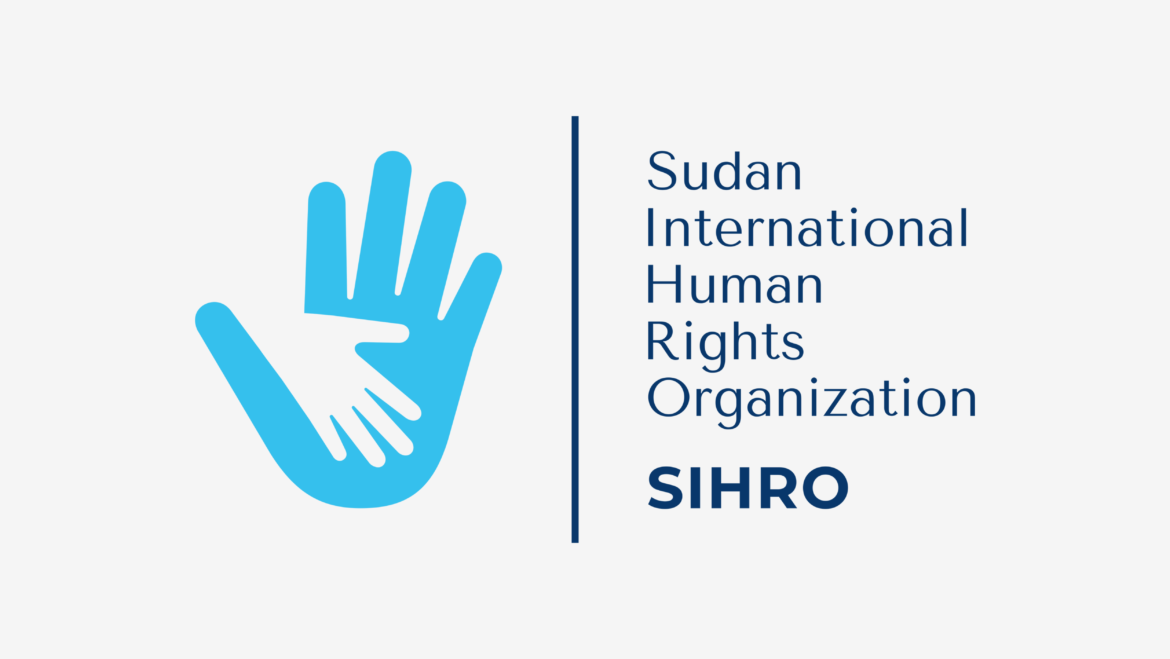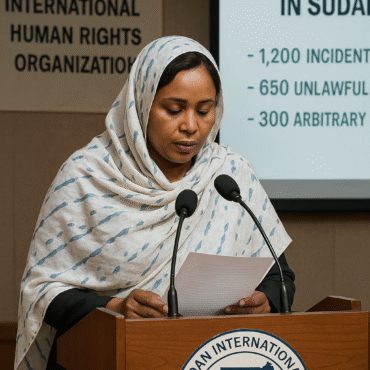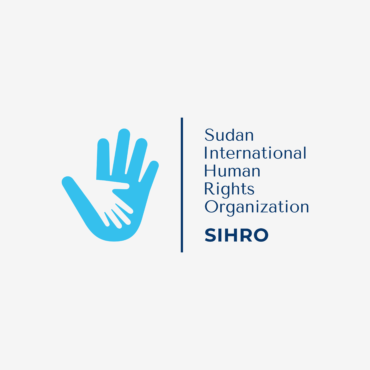Public Health Situational Analysis (PHSA) Report
Sudan International Human Rights Organization (SIHRO)
Original Source: WHO – Health Cluster
Introduction:
- The Sudan International Human Rights Organization (SIHRO) presents this Public Health Situational Analysis (PHSA) Report sourced from the World Health Organization (WHO) – Health Cluster.
- The report aims to comprehensively assess public health conditions in Sudan, highlighting human rights violations within the health sector.
Executive Summary:
- The report depicts a distressing scenario in Sudan, where systemic human rights violations exacerbate health crises.
- It emphasizes the urgent need for concerted efforts to address these violations and restore dignity and justice to all individuals.
Health Infrastructure and Access to Healthcare:
- Health infrastructure in Sudan is severely underdeveloped, characterized by shortages of medical supplies and qualified healthcare professionals.
- Dilapidated facilities and socio-economic disparities hinder access to healthcare services.
- Marginalized communities face disproportionate barriers to healthcare, perpetuating cycles of poverty and ill health.
Communicable Diseases and Public Health Threats:
- Communicable diseases such as malaria, cholera, and tuberculosis pose significant public health threats in Sudan.
- Inadequate sanitation and limited access to clean water exacerbate disease transmission.
- The absence of robust public health interventions contributes to the spread of diseases, particularly among vulnerable populations.
Human Rights Violations:
- Right to Health: Despite being a fundamental human right, access to healthcare in Sudan is impeded by systemic barriers, including geographic remoteness, lack of infrastructure, and scarcity of healthcare professionals. This denies individuals their right to attain the highest standard of health possible, perpetuating cycles of illness and suffering.
- Right to Life: The failure to provide adequate healthcare services violates the right to life of Sudanese citizens. Preventable diseases, exacerbated by inadequate healthcare infrastructure and access, result in unnecessary deaths, depriving individuals of their inherent right to life as enshrined in international human rights law.
- Right to Non-discrimination: Marginalized populations, including internally displaced persons (IDPs), refugees, and ethnic minorities, face systemic discrimination in accessing healthcare services. This discriminatory practice exacerbates health inequities, perpetuating cycles of poverty and ill health among vulnerable groups.
- Right to Dignity: Denying access to essential healthcare services strips individuals of dignity and perpetuates a cycle of indignity and suffering. Marginalized communities, already vulnerable due to socio-economic disparities, bear the brunt of this violation, further exacerbating their marginalization and suffering.
- Right to Participation: The lack of meaningful participation of marginalized communities in healthcare decision-making processes further exacerbates human rights violations in Sudan. Excluding these communities from decision-making processes denies them their right to participate in decisions that directly impact their health and well-being.
Conclusion:
- The report underscores the urgent need for collective action to address Sudan’s public health and human rights crises.
- Stakeholders must prioritize protecting and promoting human rights within public health policy and practice.
- Only through concerted efforts can the suffering endured by countless individuals be alleviated, and a future where universal health and human rights are upheld and respected be achieved.




Add Comment